Crisis-hit Sri Lanka warns of record 8% economic contraction
2 min readSri Lanka’s economic meltdown will result in a record contraction of at least 8 per cent this year, but the public could soon expect some relief from runaway inflation, the country’s central bank governor said on Thursday.
The island nation defaulted on its $51 billion in foreign debt in April and is seeking an International Monetary Fund bailout after months of food, fuel and medicine shortages.
Its 22 million people have also suffered from protracted power outages and mounting pressure on the cost of living after shortages and a currency crash pushed up prices.
Sri Lanka’s central bank had already forecast the economy could contract by a painful 7.5 percent for the calendar year, dwarfing a previous record 3.6 percent contraction in 2020 as the pandemic raged.
“But now we believe it will exceed 8.0 percent,” Governor Nandalal Weerasinghe told reporters in Colombo.
He said inflation – which is officially at 60.8 percent – will peak at “about 65 percent” in September, followed by a gradual easing caused by lower demand and improvements in supply.
The foreign exchange shortage that triggered the economic crisis has eased thanks to better foreign exchange inflows and lower imports, he added.
“We are now able to finance the most important imports such as petrol and diesel and medicines,” Weerasinghe said.
At the height of Sri Lanka’s fuel shortages, motorists had to wait days and sometimes weeks for refills, but strict fuel rationing has shortened queues.
Months of protests against the collapsing economy culminated in the resignation of President Gotabaya Rajapaksa, who was forced to flee his official residence after it was stormed by a large crowd last month.
Rajapaksa is accused of having managed the island state’s economy so badly that he could no longer even finance its most important imports.
He has since traveled to Thailand, and close aides said he was keen to return home, where he is facing corruption charges that have been suspended because of his immunity as president.
Political unrest over the past month has blocked talks with the IMF, but a delegation from the international lender of last resort is expected in Colombo before the end of August.
Weerasinghe said he hoped authorities would finalize an employee-level agreement with the fund later this month before a formal bailout.
For the latest news, follow us on Twitter @Aaj_Urdu. We are also on Facebook, Instagram and YouTube.
















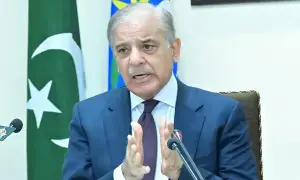
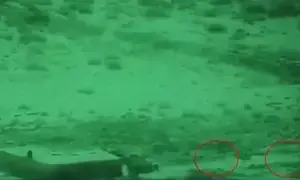

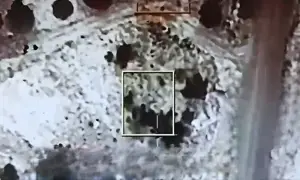

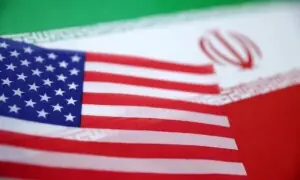
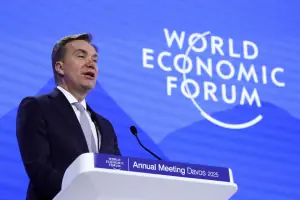
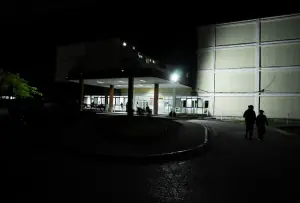
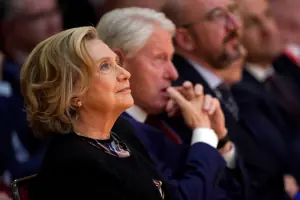


Comments are closed on this story.